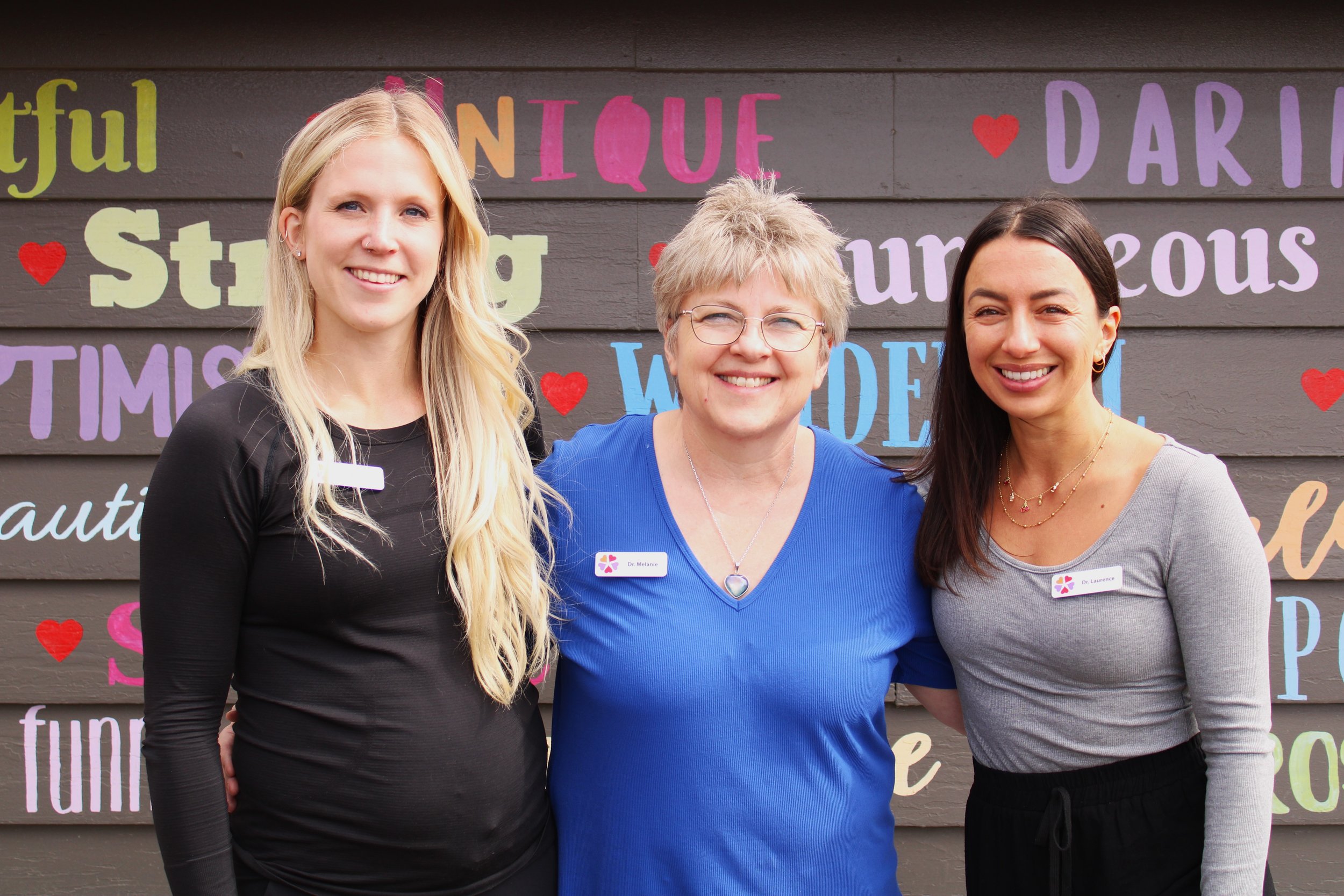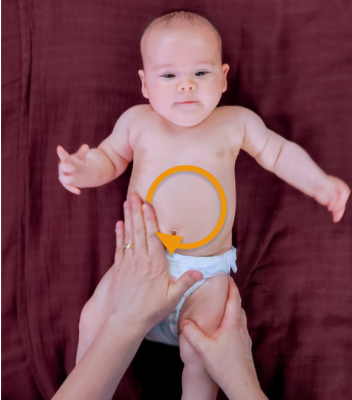
STNR - Symmetrical
Tonic Neck Reflex

What is the Symmetrical Tonic Neck Reflex?
The Symmetrical Tonic Neck Reflex (STNR) is an important developmental reflex that helps Baby move from lying on their tummy to being on hands and knees — an essential step toward crawling.
The STNR divides Baby’s body into upper and lower halves, coordinating how the head, arms, and legs move together. When Baby looks up (neck extension), their arms straighten and their legs bend. When Baby looks down (neck flexion), the arms bend and the legs straighten, creating a rocking motion similar to downward dog.
Signs of a Retained STNR in an Older Child or Adult
When the STNR does not integrate properly, it can lead to:
Skipped or awkward crawling patterns
Poor posture or slouching
W-sitting
Difficulty with hand-eye coordination
Challenges focusing or symptoms similar to ADHD or dyslexia
Retained Primitive Reflexes affect EVERYTHING
〰️
Retained Primitive Reflexes affect EVERYTHING 〰️
How Chiropractic Care Can Help
At Blessingways Family Wellness in Airdrie and North Calgary, our chiropractors—Dr. Melanie Beingessner, Dr. Laurence Dion, and Dr. Leah Robinson—help families support healthy brain and body development through gentle, movement-based chiropractic care.
When retained primitive reflexes are suspected, we:
Perform a thorough chiropractic and neurological examination.
Review a detailed intake form to identify which reflexes may be active.
Create a personalized care plan that includes gentle chiropractic adjustments and home-based movement activities.
Recommend daily exercises to help the nervous system learn new, more coordinated patterns.
Re-evaluate progress regularly to monitor changes and refine care.
Every nervous system is unique. While many people respond well to chiropractic adjustments and home movement activities, progress depends on each individual’s ability to adapt and integrate new information.
📞 Call Blessingways Family Wellness at (403) 945-2422
to book your appointment or learn more about our family chiropractic services in Airdrie
Best Beginnings: Infant Massage and Movement Program
Ready to nurture your baby’s growth from the very beginning?
Our Best Beginnings Program teaches parents hands-on ways to support healthy growth and brain development, calm Baby’s nervous system, and encourage reflex integration through touch and play.
You’ll receive:
● Over 20 hours of guided video tutorials
●Simple, science-based activities you can do at home
● Practical home organization tips
● Exclusive downloadable guides and printable resources
● Unlimited lifetime access

Exercises to Help Integrate the Symmetrical Tonic Neck Reflex
To encourage STNR integration, try this daily routine:
Every morning for 30 days
20 repetitions of the Cat-Cow Exercise
20 repetitions of at least one fun movement activity from the video links below
Every afternoon or evening for 30 days
20 repetitions of the Cat-Cow Exercise
20 repetitions of at least one fun movement activity from the list below
(You can do as many of the fun exercises as you like!)
Cat-Cow Exercise Demonstration
Here are more fun Symmetrical Tonic Neck Reflex Integration Exercises to choose from
Click Here to see 15 videos of Additional FUN Exercises - click on the STNR Functional Activities folder
Click Here for additional FUN integration exercises that we’ve found on YouTube
Click Here to print a 30 days exercise Tracking Calendar
Dr. Melanie, Dr. Laurence and Dr. Leah have taken many courses about retained primitive reflexes. One course, offered by Harkla, called Assessment and Integration of Primitive Reflexes Master Level was created by Rachel Harrington and Jessica Hill, both occupational therapists
We have been given permission by them to post their very thorough information on our website and to give their handouts to our patients.




